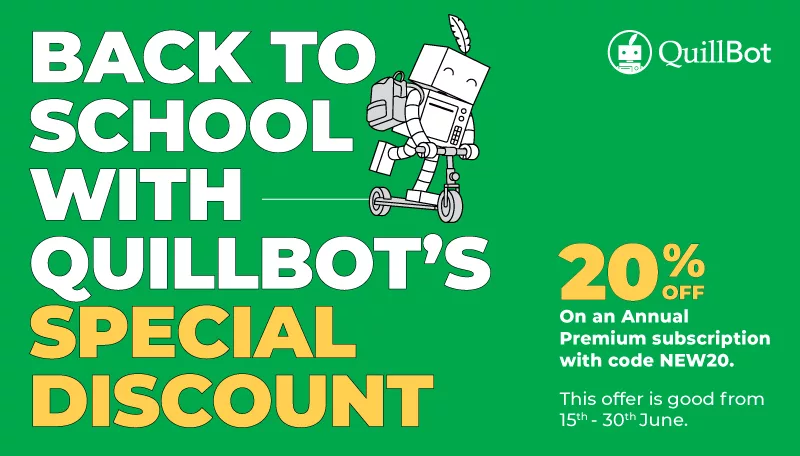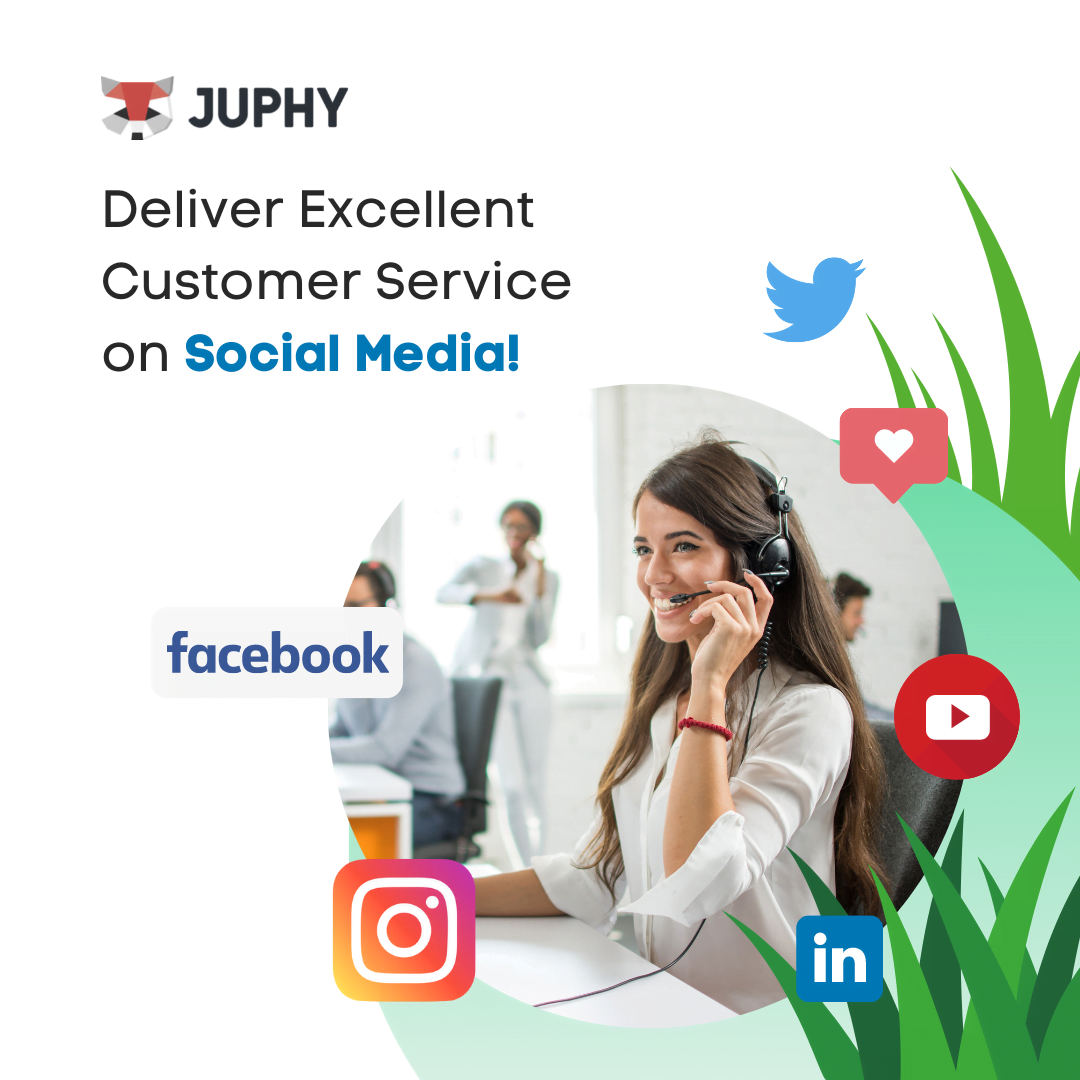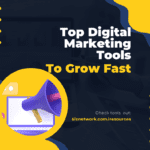
The AI Revolution in Marketing
Picture this: it’s Monday morning, and instead of briefing your marketing team on the week’s campaigns, you’re simply reviewing the work your AI tools completed over the weekend. Sounds like science fiction? Think again. We’re living in an era where artificial intelligence isn’t just changing marketing—it’s revolutionizing it entirely.
The marketing landscape has transformed dramatically over the past few years. What once required entire teams of specialists can now be accomplished by sophisticated AI tools that work around the clock, never take sick days, and consistently deliver data-driven results. But here’s the million-dollar question: are we approaching a point where AI could actually replace human marketing teams?
Before you start polishing your resume, let’s dive deep into the seven most powerful AI marketing tools that are reshaping the industry. These aren’t just fancy gadgets or temporary trends—they’re game-changing solutions that could fundamentally alter how we approach marketing in the digital age.
Why AI Tools Are Becoming Essential for Modern Marketing
Have you ever wondered why some companies seem to effortlessly dominate their markets while others struggle to gain traction? The answer often lies in their embrace of AI-powered marketing solutions. Today’s consumers expect personalized experiences, instant responses, and content that speaks directly to their needs. Meeting these expectations manually is like trying to fill the ocean with a teacup.
AI tools excel where human limitations become apparent. They can process massive amounts of data in seconds, identify patterns that would take humans weeks to discover, and execute campaigns with precision that borders on the supernatural. Think of AI as your marketing team’s superhuman sidekick—one that never gets tired, never makes emotional decisions, and learns from every interaction.
The statistics are staggering. Companies using AI for marketing see an average increase of 37% in lead generation and a 52% boost in conversion rates. These aren’t just numbers on a spreadsheet—they represent real business growth and competitive advantages that can make or break companies in today’s fast-paced market.
But what makes these tools so powerful? It’s their ability to combine creativity with analytics, emotion with logic, and strategy with execution—all while operating at a scale that would require hundreds of human marketers to match.
The 7 Game-Changing AI Marketing Tools
Tool 1: Jasper AI – The Content Creation Powerhouse
Imagine having a copywriter who never experiences writer’s block, understands your brand voice perfectly, and can produce high-quality content in dozens of languages. That’s Jasper AI in a nutshell. This sophisticated content creation platform has become the go-to solution for businesses looking to scale their content marketing efforts without sacrificing quality.
Jasper AI doesn’t just generate random text—it creates strategic, brand-aligned content that resonates with your target audience. Whether you need blog posts, social media content, email campaigns, or ad copy, Jasper can produce it all while maintaining consistency across different platforms and formats.
What sets Jasper apart is its ability to learn your brand’s unique voice and style. Feed it your existing content, and it’ll analyze patterns, tone, and messaging to create new content that sounds authentically you. It’s like having a telepathic copywriter who instinctively knows what you want to say and how you want to say it.
The tool’s integration capabilities are equally impressive. It works seamlessly with popular platforms like WordPress, Google Docs, and various social media schedulers, making it easy to incorporate into your existing workflow. Small businesses report saving up to 80% of their content creation time, while larger organizations appreciate the consistency and scalability Jasper provides.
Tool 2: HubSpot’s AI Marketing Hub – All-in-One Solution
If Jasper AI is the specialist, HubSpot’s AI Marketing Hub is the Swiss Army knife of marketing automation. This comprehensive platform combines customer relationship management, email marketing, social media management, and analytics into one powerful ecosystem powered by artificial intelligence.
What makes HubSpot’s AI particularly brilliant is its predictive capabilities. The system analyzes customer behavior patterns to predict which leads are most likely to convert, when customers are most likely to make purchases, and what type of content will resonate best with different segments of your audience.
The platform’s lead scoring feature uses machine learning to automatically identify your hottest prospects, essentially replacing the need for a dedicated lead qualification team. Its email automation goes beyond simple drip campaigns—it creates dynamic, personalized email journeys that adapt based on recipient behavior in real-time.
HubSpot’s social media AI can analyze the optimal times to post, suggest content topics based on trending conversations in your industry, and even predict which posts are likely to go viral. It’s like having a social media manager with a crystal ball who never sleeps.
Tool 3: Surfer SEO – The SEO Optimization Expert
Search engine optimization has always been part art, part science, and entirely frustrating. Enter Surfer SEO, an AI-powered tool that takes the guesswork out of ranking on Google. This platform analyzes over 500 ranking factors to provide data-driven recommendations that can dramatically improve your search visibility.
Surfer SEO’s content editor is like having an SEO expert looking over your shoulder as you write. It provides real-time suggestions for keyword density, content structure, and semantic keywords that Google’s algorithm loves. The tool doesn’t just tell you what to do—it shows you exactly how to do it.
The platform’s SERP analysis feature is particularly impressive. It examines the top-ranking pages for your target keywords and identifies exactly what makes them successful. Want to know why your competitor’s page ranks higher than yours? Surfer SEO will break it down element by element, giving you a roadmap to outrank them.
What’s truly remarkable is how Surfer SEO democratizes advanced SEO knowledge. You don’t need years of experience or expensive consultants—the AI guides you through every optimization decision, explaining the reasoning behind each recommendation. It’s like having an SEO PhD on your team, minus the expensive salary.
Tool 4: Adcreative.ai – The Ad Campaign Specialist
Creating compelling ad creatives has always been a blend of psychology, design, and pure gut instinct. Adcreative.ai transforms this traditionally subjective process into a data-driven science. This AI platform generates, tests, and optimizes ad creatives across multiple platforms, often outperforming human-designed ads by significant margins.
The tool’s machine learning algorithms analyze millions of successful ads to understand what visual elements, color schemes, and messaging strategies drive conversions. It then applies this knowledge to create custom ad creatives for your specific industry and target audience.
What’s fascinating about Adcreative.ai is its ability to generate variations at scale. Instead of spending days creating different versions of an ad, you can generate hundreds of variations in minutes, each optimized for different audience segments or platforms. The AI considers factors like demographics, interests, and behavioral patterns to create highly targeted creatives.
The platform’s performance prediction feature is remarkably accurate. Before you spend a penny on ad placements, Adcreative.ai can predict which creatives are likely to perform best, saving you from costly trial-and-error campaigns. Users report average increases of 90% in click-through rates and 80% improvements in conversion rates.
Tool 5: Chatfuel – The Customer Engagement Master
Customer service and engagement have evolved far beyond simple FAQ pages and contact forms. Chatfuel represents the next generation of customer interaction—AI chatbots that can handle complex conversations, qualify leads, and even close sales while you sleep.
This platform creates conversational AI that doesn’t feel robotic or scripted. Chatfuel’s bots can understand context, remember previous interactions, and provide personalized responses based on user behavior and preferences. It’s like having a sales and support team that works 24/7 without ever getting tired or grumpy.
The tool’s visual flow builder makes creating sophisticated chatbots surprisingly intuitive. You don’t need coding skills to design conversations that guide users through complex decision trees, collect qualified leads, or provide technical support. The AI handles the natural language processing while you focus on crafting the user experience.
Chatfuel’s integration capabilities are extensive, connecting with CRM systems, email marketing platforms, and e-commerce solutions. This means your chatbot doesn’t just chat—it takes action, updating customer records, triggering follow-up sequences, and even processing orders directly within the conversation.
Tool 6: Brandwatch – The Social Media Intelligence Tool
Social media monitoring used to involve manually scrolling through feeds and hoping to catch important mentions. Brandwatch transforms social listening into a strategic intelligence operation powered by advanced AI analytics.
This platform monitors millions of online conversations in real-time, using natural language processing to understand sentiment, identify trends, and spot opportunities or threats before they escalate. It’s like having a team of social media analysts working around the clock to keep their finger on the pulse of your industry.
Brandwatch’s AI can identify influencers who are genuinely aligned with your brand values, predict which content will resonate with your audience, and even detect emerging trends before they hit mainstream awareness. The platform’s crisis detection capabilities can alert you to potential PR issues within minutes of them starting to trend.
The competitive intelligence features are particularly valuable. Brandwatch can track your competitors’ social performance, identify their most successful content strategies, and alert you to changes in their marketing approaches. It’s like having insider knowledge of your competitors’ marketing meetings.
Tool 7: Persado – The Emotional AI Copywriter
Words have power, but finding the right words to trigger specific emotions and actions has always been more art than science. Persado changes this by using artificial intelligence to understand the emotional impact of language and craft messages that consistently drive desired behaviors.
This platform analyzes how different words, phrases, and emotional triggers affect audience behavior across various demographics and psychographics. It doesn’t just test different subject lines—it understands why certain emotional appeals work better for different audience segments.
Persado’s AI has been trained on millions of marketing messages and their performance data, giving it an almost supernatural ability to predict which language will drive conversions. The platform can optimize everything from email subject lines to call-to-action buttons, often achieving double-digit improvements in engagement rates.
What’s remarkable is how Persado explains its recommendations. The AI doesn’t just tell you to use certain words—it explains the psychological reasoning behind each suggestion, helping you understand the emotional journey your customers experience when interacting with your brand.
How These Tools Compare to Traditional Marketing Teams
The elephant in the room is obvious: can AI tools really replace human marketing teams? The answer is nuanced, but the capabilities are undeniably impressive. Where a traditional marketing team might take weeks to develop, test, and optimize a campaign, these AI tools can accomplish similar tasks in hours or days.
Consider the economics: a mid-level marketing manager might cost $70,000 annually, while a senior marketing director could command $120,000 or more. Meanwhile, most AI marketing tools cost between $50 to $500 per month. Even the most expensive enterprise solutions rarely exceed $5,000 monthly—less than many companies spend on a single marketing hire.
But it’s not just about cost savings. These AI tools bring consistency that human teams often struggle to match. They don’t have bad days, they don’t get distracted by office politics, and they don’t make decisions based on personal preferences or biases. Every action is data-driven and optimized for results.
However, AI tools excel in execution and analysis rather than strategy and creativity. They’re incredibly effective at optimizing existing processes, but they still rely on human insight for setting goals, understanding brand values, and making strategic decisions that require emotional intelligence and industry expertise.
Implementation Strategies for AI Marketing Tools
Getting Started with AI Marketing Tools
Transitioning to AI-powered marketing doesn’t happen overnight, and attempting to implement all seven tools simultaneously would be overwhelming and counterproductive. The key is strategic implementation that builds on early successes.
Start with your biggest pain point. If content creation is consuming too much time and resources, begin with Jasper AI. If lead qualification is a bottleneck, HubSpot’s AI Marketing Hub might be your best starting point. The goal is to achieve quick wins that demonstrate the value of AI to stakeholders and build momentum for broader adoption.
Integration is crucial for success. Choose tools that play well with your existing tech stack. Most modern AI marketing tools offer robust APIs and native integrations with popular platforms, but compatibility should be verified before making significant investments.
Training Your Team for AI Integration
The human element remains critical, but roles will evolve. Instead of replacing your marketing team, think about how AI tools can augment their capabilities. Content creators become content strategists and editors. Social media managers become community builders and brand ambassadors. Analysts become insight interpreters and strategic advisors.
Training should focus on understanding each tool’s capabilities and limitations. Your team needs to know when to trust the AI and when human judgment should override algorithmic recommendations. This requires developing a new kind of marketing literacy—one that combines traditional marketing knowledge with AI proficiency.
Measuring Success and ROI
Success with AI marketing tools requires new metrics and measurement approaches. Traditional vanity metrics become less important than conversion-focused KPIs. Look for improvements in lead quality, customer lifetime value, and marketing efficiency rather than just reach and engagement.
ROI calculation should consider both direct cost savings and performance improvements. If an AI tool reduces content creation time by 75% while improving engagement rates by 40%, the value extends far beyond the monthly subscription cost. Track metrics like cost per lead, customer acquisition cost, and marketing qualified leads to understand the true impact.
The Future of AI in Marketing
We’re still in the early stages of the AI marketing revolution. Current tools, impressive as they are, represent just the beginning of what’s possible. Future developments will likely include more sophisticated predictive analytics, deeper personalization capabilities, and seamless integration between different AI marketing systems.
The convergence of AI with emerging technologies like voice search, augmented reality, and blockchain will create entirely new marketing opportunities. Imagine AI tools that can optimize campaigns across virtual reality environments or automatically negotiate programmatic ad purchases using smart contracts.
However, as AI becomes more prevalent, the human elements of marketing—storytelling, empathy, cultural understanding, and ethical decision-making—will become more valuable, not less. The most successful marketers of the future will be those who can effectively combine AI capabilities with uniquely human insights.
The question isn’t whether AI tools could replace traditional marketing teams—it’s whether businesses can afford not to embrace these technologies. The seven AI marketing tools we’ve explored represent a fundamental shift in how marketing gets done, offering capabilities that would have seemed impossible just a few years ago.
These tools don’t just automate tasks; they augment human capabilities, democratize advanced marketing techniques, and level the playing field between small businesses and large corporations. A startup with limited resources can now access the same AI-powered optimization that was once exclusive to Fortune 500 companies.
The key to success lies not in replacing human marketers but in creating hybrid teams where AI handles data processing, optimization, and execution while humans focus on strategy, creativity, and relationship building. Companies that master this balance will have significant competitive advantages in an increasingly digital marketplace.
As we look toward the future, one thing is clear: AI isn’t just changing marketing—it’s redefining what’s possible. The question for every marketer and business owner is simple: will you be part of this transformation, or will you be left behind by those who embrace it?
READ ALSO: Email Marketing Secrets to Double Open Rates Fast









[…] READ ALSO: 10 Digital Marketing Hacks That Gurus Don’t Want You to Know! […]
[…] READ ALSO: Top 7 AI Tools That Could Replace Your Marketing Team […]